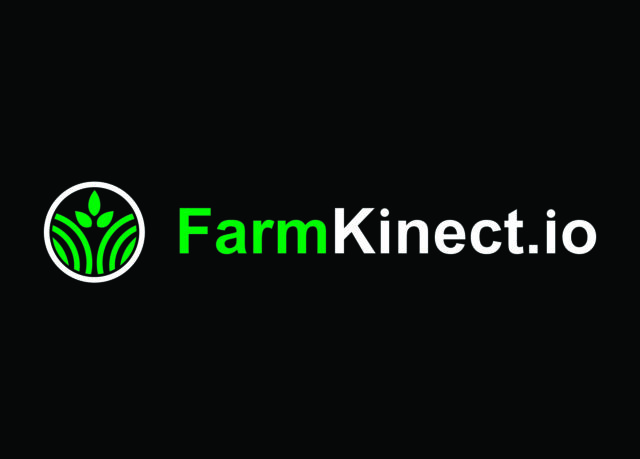Editor’s note: Mike McCloskey, CEO of Select Milk Producers and founder of Fair Oaks Farms, delivered testimony before the U.S. House of Representatives’ Subcommittee on Biotechnology, Horticulture and Research in February. The following are excerpts from his testimony.
As an 8-year-old boy whose father had just passed away and whose mother, through necessity of providing for her six children, uprooted her family from Pittsburgh back to her native Puerto Rico, I was lost.
Fortunately, my veterinarian uncle took me under his wing, and it was through the many days of accompanying him on farm visits and tending to our own small but diverse farm … that I learned to understand and appreciate the blessings that animals provide us. I understood that the better these animals were taken care of, the better they were able to provide for us.
This fascination with animal agriculture continued throughout my life, culminating in having a successful and respected dairy-centric practice in southern California through the ’90s. It was here that I helped dairy farms grow, milking a few hundred cows to a few thousand. And it was during this time that I partnered in my first dairy farm of 300 cows.
Today, my partner and I milk more than 15,000 cows. What’s particularly interesting is that even though we are considered by many to be a factory farm, our values, our principles and our knowledge of how to care for our animals, farm with environmental sensitivity and produce a safe and nutritious food has only grown by leaps and bounds since the days of being a “small” farmer … Farmers, both large and small, are the ultimate environmentalists, the providers of our sustenance and the backbone of the civilized world.
We used to be a respected lot but, today, we find ourselves at the scrutiny of every person with access to an ever-growing body of information and communication.
And that’s not a bad thing.
It was because of this ability to broadcast information through modern media and the Internet that in the 2000s we farmers had to pull our heads out of the sand and realize that we had a responsibility to communicate with the consumer.
We could no longer just assume that the consumer had faith in our practices and products. We needed to speak as loud or louder than the large acronym organizations that, in many cases, screamed outright lies about our farms.
So in 2004, I, along with my wife and fellow dairy farmers, founded Fair Oaks Farms, an agritourism attraction in northwest Indiana. We invited the public to come learn and see for themselves how we, as large, modern dairy farms, took care of our animals, our land and produced a safe and nutritious food for their families.
We believed that by allowing the public to have access to our farms and by communicating our values to them directly from our mouths that we could, at the very least, provide some counter to the misperceptions and mistruths that are rampant and so easily embraced by today’s consumer. … Last year, we had nearly 500,000 people visit our campus.
What we have found over the last 12 years and millions of visitors is that the average consumer simply wants to know that we, as farmers, are doing our best and looking to be better every day. … In our minds, our biggest satisfaction and accomplishment is that our visitors walk away trusting that we are doing right by our animals, our land, our employees and by our communities. And we couldn’t be more proud.
But while we … have been able to persuade the consumer that big is not bad (and can actually enact many progressive practices because of the scale of economy), we still promote that a farmer is a farmer is a farmer, whether they are milking 50 organic cows or 15,000 conventional cows.
We believe that it will take all kinds of farming and farmers to feed our growing planet … We believe that modern farming provides us, the citizens of the U.S., with an abundance of choice, a luxury of affordability and a security of safety that no other country has.
We as an industry need to speak this same message to consumers and to support each other’s practices and products. It does no one any good to be divisive or to cast doubt about the safety of our food production, and our regulatory bodies should act accordingly.
There is enough misconception and misunderstanding coming at the consumer from all angles. It should be every organization’s goal to foster a sense of security for the consumer while allowing them access to all the information they need in order to develop their own opinions.
We have recently seen the benefits of this active transparency in our cooperative’s health and wellness subsidiary, Fairlife, a company based on innovation that produces high-protein, low-sugar, lactose-free milk products.
The fact that the consumer has an open invitation to visit one of the farms and directly speak to the farmers who provide the milk for Fairlife is unheard of … We also believe in bringing the consumer along on our journey, in sharing with them our knowledge and innovation and in providing them with everything that they need to feel confident that we have their family’s health and wellness at the forefront of our endeavors.
To conclude, we … believe that transparency and an authentic voice are the new tools that should be in every farmer’s toolbox. PD



